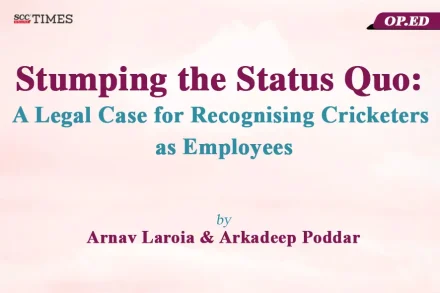
Stumping the Status Quo: A Legal Case for Recognising Cricketers as Employees
by Arnav Laroia* and Arkadeep Poddar**

by Arnav Laroia* and Arkadeep Poddar**
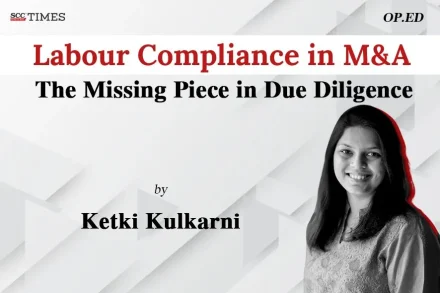
by Ketki Kulkarni*
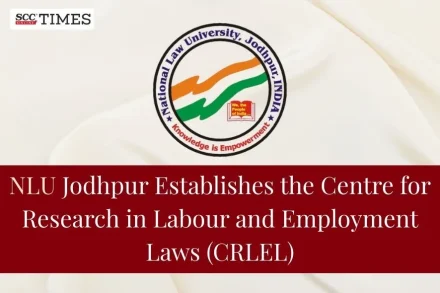
National Law University, Jodhpur has undertaken a significant initiative in advancing labour jurisprudence and policy discourse with the establishment of the Centre
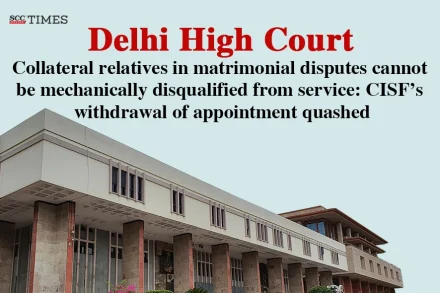
It is well known that in complaints of these kinds sometimes even neighbours or match-makers are indicted and as such to hold that this kind of FIR were to be accepted, to exclude any person from public employment, would be a travesty of justice.
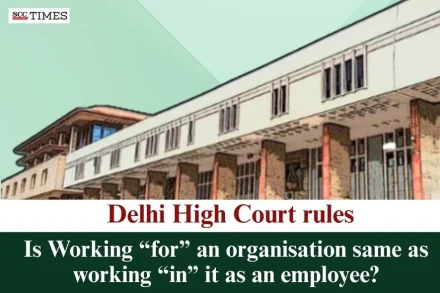
The petitioner, a law graduate, was appointed as Assistant Director (Legal) in BIS in 2021 after due scrutiny by a selection committee. In 2024, her services were terminated on the ground that her earlier experience as an advocate for a private university did not meet the prescribed eligibility of working in a government or autonomous body.
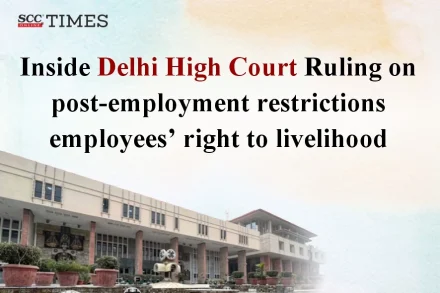
“The negative covenant post termination of the employment can be granted only to protect the confidential and proprietary information of the employer or to restrain the employee from soliciting the clients of the employer.”

“Burden of proof, in any enquiry or trial, keeps on shifting and the moment the averments made in the claim petition were deposed on oath by the respondent in her evidence, it was for the Management to have rebutted and disproved the same.”

In a situation where rights available to persons with disabilities under the 2016 Act or the Rules 2017 or under any other measure involving the service-related issues are found to have been infringed or violated, the provisions of the 2016 Act will have to be given effect to.

Even though in a departmental inquiry, the standard of proof is preponderance of probability, the onus to establish the charges is on the department through the Presenting Officer and once the evidence is led, the IO is required to look into the evidence of the prosecution and the defence and come to a finding, after analysis and deliberations.

The petitioner has been successful in obtaining employment with the CISF based on his own merit and qualification. In case the petitioner is not allowed to join, subject to the pendency of the criminal case, the petitioner may lose this opportunity for all times to come, and this loss would never be compensated.

A person in a position of authority may make difficult decisions that, while harsh, are part of their professional responsibilities. Such actions cannot be deemed incitement or abetment under Section 306 of the IPC without the requisite mens rea indicating intent to cause harm.
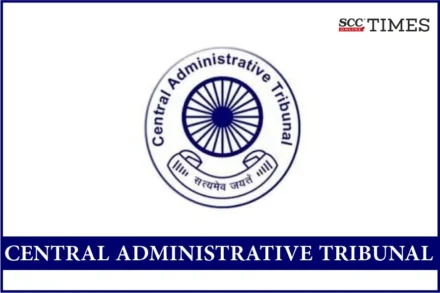
Once some benefit has accrued in favour of an employee, the same cannot be snatched, without providing any opportunity to the employee. Thus, the decision of the respondents to reduce the pay of the applicants is contrary to the settled position of law.